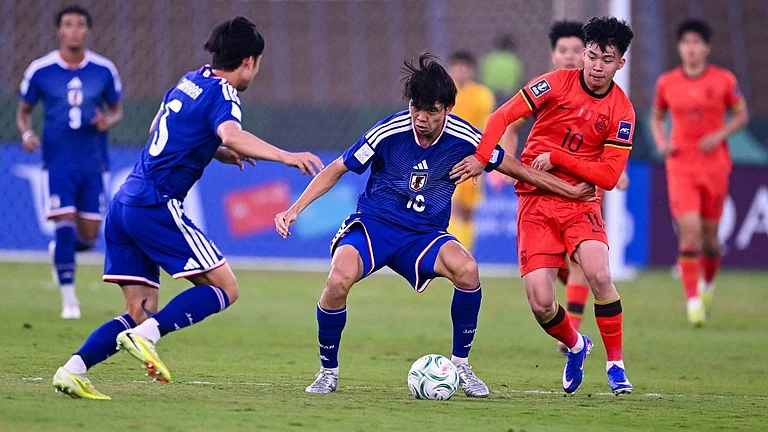
Prime Minister Shigeru Ishiba is stepping down to prevent a split in Japan’s ruling Liberal Democratic Party (LDP) after its poor performance in July’s parliamentary elections.
His resignation follows internal pressure within the LDP, despite his recent success in brokering a $550 billion U.S.–Japan trade deal lowering tariffs on Japan’s auto sector.
Japan’s Prime Minister Shigeru Ishiba will resign to avoid a split within Liberal Democratic Party (LDP) amid growing calls from within the ruling party for the PM to take responsibility for the defeat in July's parliamentary election, Japan's NHK public television reported.
The former defence minister came to power in September 2024. Since then, Ishiba's power has weakened as the ruling coalition lost majoritites in elections for both houses in parliament.
LDP has ruled the country for many years. However, after the loss of majority in upper house in July, Ishiba ignored calls for stepping down as Japan's PM and instead focused on brokering the tariff deal with the United States and ensuring its implementation.
The trade deal with the US was made last week, under which Japan pledged $550 billion of investments in return for lower tariffs from U.S. President Donald Trump on Japan's key autos sector.
According to NHK, the decision comes after the PM's meeting with Japan’s agricultural minister Shinjiro Koizumi and a former prime minister Yoshihide Suga on Saturday evening.
LDP lawmakers also scheduled to vote on Monday and decide whether to hold an extraordinary leadership election.




























